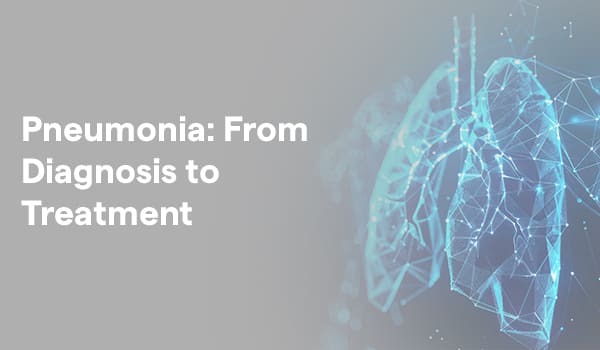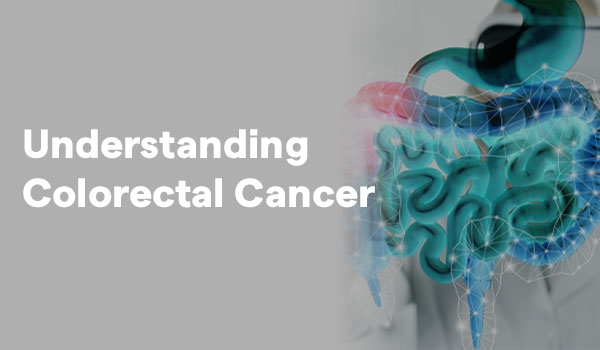
Pneumonia is an inflammation of lung tissue that originates from bacterial, viral, or fungal infections. It is a major type of acute respiratory disorder commonly associated with the lungs. The lungs are an integral part of the human body consisting of small air sacs called the alveoli that are filled with oxygen whenever an individual breathes. Pneumonia is a potentially serious lung infection that produces symptoms similar to those of the flu. When an individual suffers from pneumonia the air sacs inside his/her lungs are filled with pus and fluid, which in turn makes the process of breathing painful and eventually limits the oxygen intake.
The symptoms of pneumonia may develop abruptly over 24-48 hours or they may worsen gradually. Common pneumonia symptoms include:
However, quite often, and especially in elderly patients, one may not observe typical symptoms of the disease. Some of the symptoms include confusion, drowsiness, and low blood pressure. In very severe cases, pneumonia may cause some respiratory failure when the lungs are not able to adequately oxygenate the blood. Knowing about these differences is crucial to receiving the necessary treatment.
Pneumonia will be diagnosed, if present, by a physical examination from the best chest medicine hospital in Delhi during which the doctor listens to the lungs with a stethoscope. They will also enquire whether the patient had or has other diseases and whether the client is a potential candidate for pneumonia owing to factors such as smoking or asthma. Diagnostic testing helps confirm a pneumonia diagnosis and identifies the cause:
Identifying the etiology is important to manage pneumonia as the cause may be viral, bacterial, or fungal. Pneumonia caused by the bacteria Streptococcus pneumoniae is the most common.
Treatment primarily aims to establish the eradication of the infection and control the developing complications and severe disease through support care.
These include the pneumococcal vaccines as well as the annual flu vaccines to prevent pneumonia in high-risk populations such as elderly people, smokers, or people with other chronic lung disorders. Other things include observing basic hygiene and, effectively avoiding persons infected with the flu, for instance, washing their hands regularly.
Many important components are related to the prognosis and recovery time of a patient. With proper diagnosis and treatment, most people recover from pneumonia, but some factors impact prognosis such as:
The duration of uncomplicated pneumonia is approximately 1-3 weeks among adults with no other health complications but it may take over 4 weeks among the vulnerable groups. It is crucial to keep a close look at the persistent fevers, signs worsening, and especially the problem with breathing if a person is to get a timely medical checkup.
The consequences of pneumonia cannot be anticipated; thus the importance of having your lung infections treated is of dire importance. Awareness of the symptoms and getting a proper diagnosis, further treatment, rest and medications, home therapy, and possible hospitalization are helpful. Preventive practice is also crucial for patients in their efforts to avoid getting pneumonia due to other factors such as age, existing health conditions, or lifestyle. As with many illnesses, early awareness and prevention measures will go a long way in combating this severe lung infection. To obtain more information about pneumonia, book an appointment at Sir Ganga Ram Hospital today.




